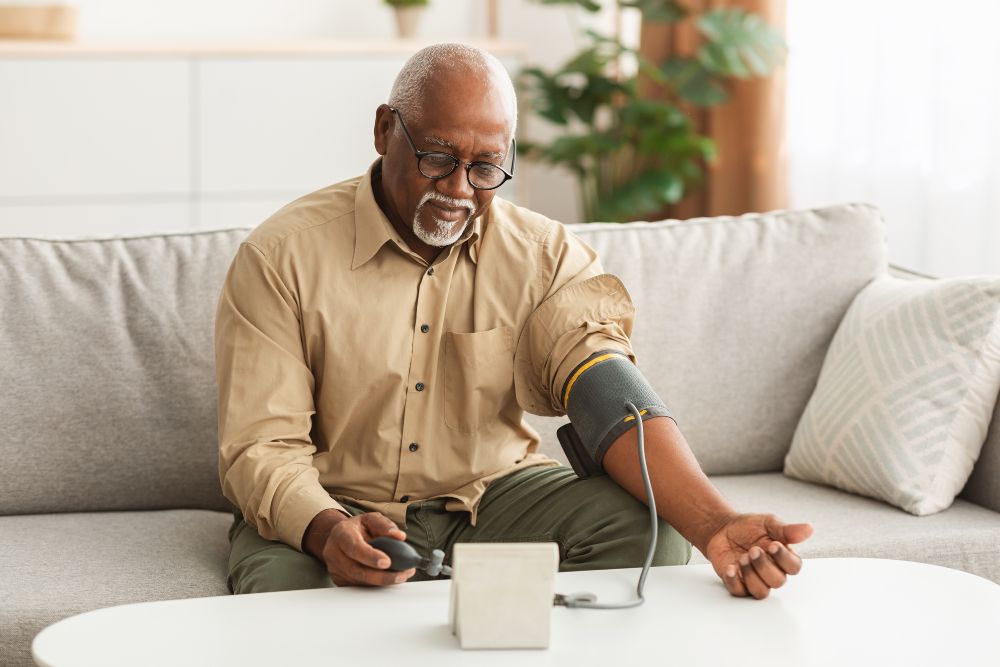Can High Blood Pressure Affect Your Retina? Understanding Hypertensive Retinopathy

High blood pressure is a condition commonly associated with serious health conditions like heart disease and stroke. However, it can also impact unexpected areas of the body, including your eyes.
Hypertensive retinopathy is a retinal condition caused by long-term high blood pressure, and it can also be a warning sign that you may have blood flow issues elsewhere in your body. It's essential to understand how high blood pressure affects your retinal and overall health, so you can take steps to prevent serious issues.
High Blood Pressure and the Retinas
Long-term high blood pressure can cause the blood vessels in the retina to tighten for longer than normal. As a result, the blood vessels' openings narrow, limiting the amount of blood that can flow through to the retina. Over time, the blood vessels become stiff and thick, making it even harder for blood to flow. Hypertensive retinopathy can lead to various issues, including retinal detachment, macular edema, retinal artery and vein occlusions, and even potential blindness.
Diagnosing Hypertensive Retinopathy
Most individuals with hypertensive retinopathy don't experience any symptoms in its earlier stages. A retina specialist typically diagnoses the condition by reviewing your medical history, conducting a thorough eye exam, and using retinal imaging techniques, such as optical coherence tomography, to take images of your retina.
Protecting Against Hypertensive Retinopathy
While hypertensive retinopathy isn't always preventable, there are steps you can take to protect your vision, including:
- Understanding the risk factors: Risk factors include a history of cardiovascular disease, smoking or tobacco use, high cholesterol, obesity, and high blood pressure.
- Making lifestyle changes: Maintain a healthy weight, follow a heart-healthy diet, exercise regularly, and limit alcohol consumption to help lower your blood pressure and support your retinal health.
- See a retina specialist regularly: Since hypertensive retinopathy often exhibits no symptoms, it's crucial to see a retina specialist regularly, especially if you're at risk for the condition. The sooner hypertensive retinopathy is diagnosed and treated, the better your vision outcomes will be.
Learn More About Hypertensive Retinopathy
Hypertensive retinopathy can be a serious condition, with the potential to cause permanent vision loss if left untreated. A retina specialist can diagnose and treat hypertensive retinopathy, helping protect your vision and lowering your risk of various cardiovascular diseases. When you work with your retina specialist and healthcare provider to get adequate treatment, you can protect your vision and your overall health for many years to come.

